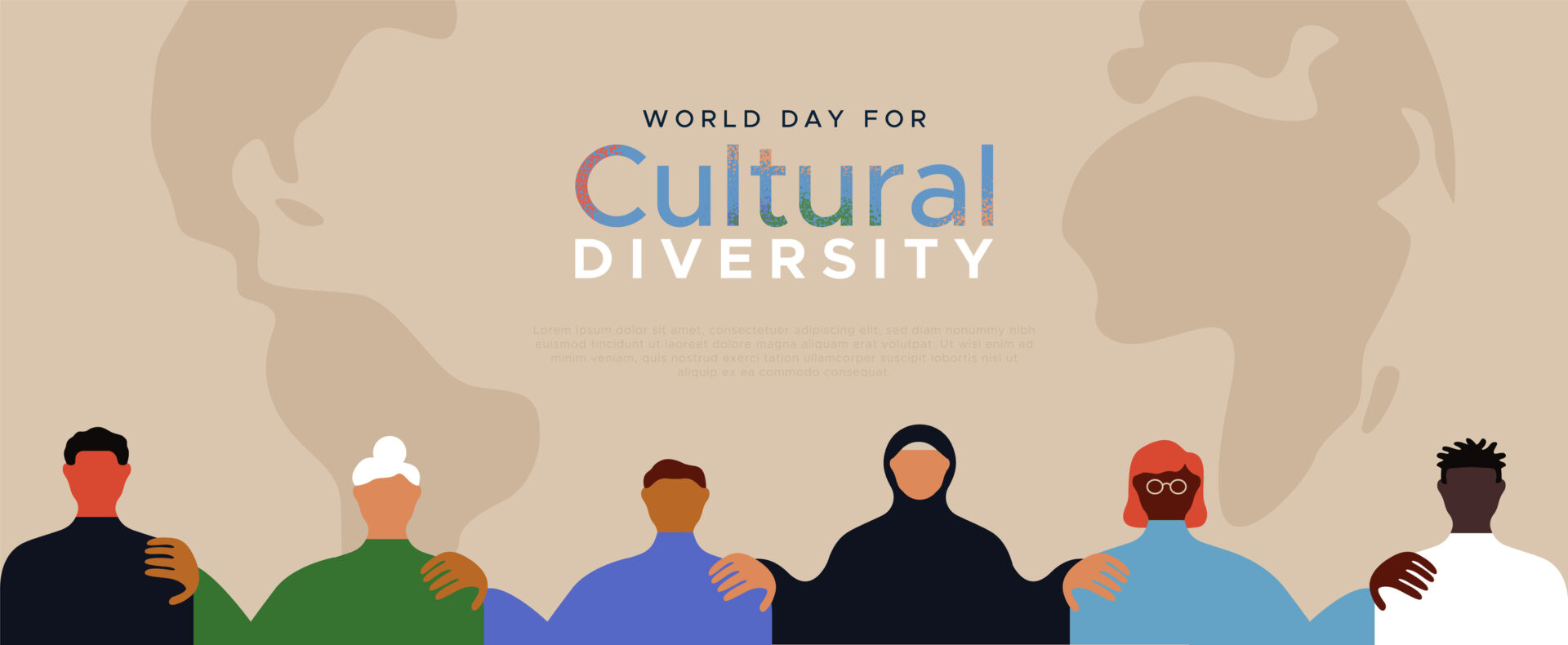More than 6,000 languages are being spoken around the world today. More than half of the world’s population speaks one of ten languages, including Mandarin Chinese, English, Hindustani, Spanish, Arabic, Malay, Russian, Bengali, Portuguese, and French. The large number of individuals speaking these ten languages is a result of globalization.
While closing communication gaps has led to social and economic improvements, it has also put roughly 2,580 languages in danger of going extinct. According to data compiled by the United Nations (UN), one language stops being spoken every two weeks. February 21, 2020, marks the 20th anniversary of International Mother Language Day! The UN founded this day to encourage diversity and multilingualism. Below we cover the importance of multilingualism and why AMO requires visitors to be English proficient.
Disappearing Languages
To remain connected to society and preserve a culture’s heritage by way of written and spoken word, multilingualism is essential. Multilingualism refers to the act of speaking more than one language. Doing so can allow individuals to expand their knowledge base, increase connection with others, and open up new pathways of thinking.
Despite the benefits that speaking multiple languages presents, current trends show a future with more monolingual citizens. According to one source, more than half of the languages still spoken today will disappear by the end of the century. With no one speaking the language, cultural artifacts, both spoken and written, could become impossible to translate. The implications this has as it relates to recording, understanding, and preserving cultural histories are huge.
Preservation Challenges
While the importance of preserving languages is evident, it is challenging to outline a plan of action. For languages that are already on the way out, it can be hard to encourage their cultivation in new generations. Saving languages where the last speakers are separated by great geographical distances is an issue of its own.
One thing that could save these dying languages is their ability to be incorporated into technology. An example of this is apps connected to dying language, which allows users to text in the respective language. This could be the key to encouraging younger generations to adopt their mother tongue.
With ways to incorporate languages often considered outdated into modern society and the push from the UN to preserve them with days of awareness like international mother language day, it may be possible to put a pause of the disintegration of at-risk languages.
Find out more about International Mother Language Day >
Finding Balance
To fully enroll in a clinical experience with AMO, we require visitors to be English Proficient. Visitors can provide evidence of their proficiency by submitting one of the following:
- Letter from a Dean/Professor stating their medical school is taught in English
- TOEFL scores
- Overall IELTS score of 7.5 or above
Those who do not have one of the above can schedule a short phone call with an AMO Advisor or Coach to confirm their level of English proficiency. While we value the cultural and linguistic heritage of our visitors, we also want to set them up for success. In a clinical experience where the preceptor and most patients speak English, being English Proficient is essential. Without the proper tools to communicate effectively during the clinical experience, a visitor could lose out on the knowledge and skills being shared. They may also have trouble connecting with their patients and preceptor, which could make it challenging to earn a strong letter of recommendation.
Although we do require English proficiency, being multilingual is a superpower! With the diversity of the U.S. continuing to grow, there is a higher chance that an IMG can speak a patient’s language and connect with them on a deeper level. This could lead patients to have more meaningful experiences with their healthcare providers. Better communication may lead to better overall health outcomes.
Have a question about our English proficiency requirements?
Email support@amopportunities.org with your inquiry.







Leave A Comment